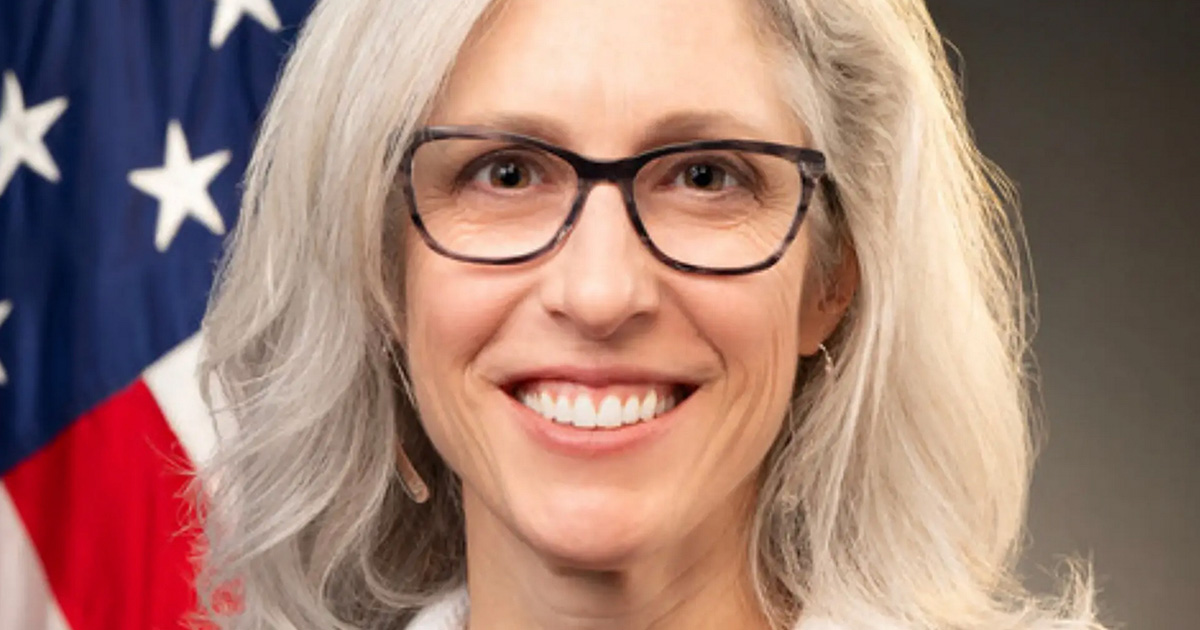Artificial Intelligence

"On average, only half of patients with chronic disease adhere to their care plans and medications as instructed," says one doctor. "Patients expect on-demand support, and that is not how most health systems operate today."

The EHDS promises to advance access to large data sets for research and public health decisions – and ideally enable personalised patient care. AIDAVA was launched to make the latter possible by helping curate and publish individual health data using AI.

Researchers and developers have announced artificial intelligence tools that aim to shrink the time mental health providers spend on administrative tasks, provide faster triage, support clinical decision-making and improve patient access.

Tom Kiesau, chief innovation officer and leader, digital and technology transformation, at healthcare consulting firm Chartis, discusses his vision of AI that includes the aging population, clinical and operational AI, AI operating models and much more.

But barely 1 in 10 are properly investing in the infrastructure necessary to support enterprisewide deployments, according to its new research report. An Accenture health analyst unpacks its findings.

Infrastructure limitations emerge as strategic barrier to implementing advanced technologies.

Once the AI was implemented with several accounts, the tool codified 99% of medications, 85% of sigs and 96% of allergies, Wise's director of operations and finance reports. It's an almost complete prevention of unmatched or invalid medications.

Susan Monarez, current acting director at the U.S. Centers for Disease Control and Prevention, has previous experience in the Office of Science and Technology Policy, and worked at ARPA-H on AI applications for pop health and quality improvement.
The joint institute with Duke-NUS Medical School aims to promote research, governance, education, and commercialisation of AI in healthcare.

It has also revealed ongoing work applying AI to track medical resource utilisation in real time.
